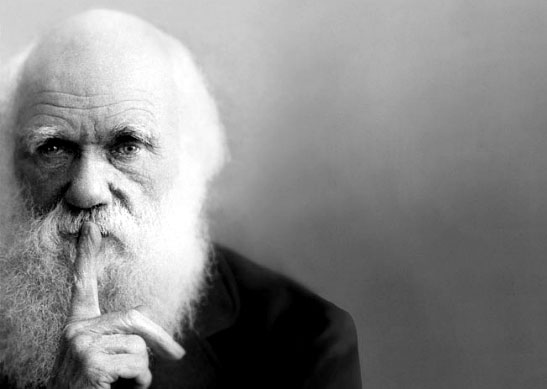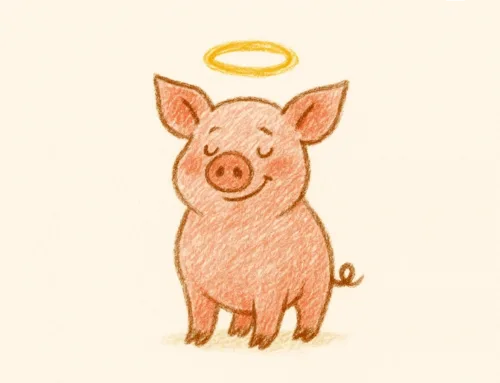What do Facebook, YouTube & Twitter all have in common? Quite a few things, actually:
- All three are hugely popular Internet-based social media (admittedly, YouTube doesn’t usually get called social media, but based on the next point, it is)
- All depend on their users/members for content creation
- Like so many things on the Internet, use is free
- All were created 4-5 years ago
- All have brand values in the billions of dollars—though none are publicly-owned with a true market value
- All now depend on advertising as their key revenue source
- All have yet to show profitability
The last point is the most interesting one to me. The lesson we keep learning is that it’s very, very tough to make money on the Internet, at least doing anything honest, legal or moral. Social media is supposed to be all about engagement and one-to-one contact rather than using the interruption model of traditional media. Yet the businesses behind have all turned to various forms of advertising to make a profit—most of them interruptive.
Facebook [1] started May 17, 2004 out of Mark Zuckerberg’s university dorm. Defined the term social media. Announced it was “cash flow positive” in Sep, 2009 (as soon as Facebook is actually profitable, you’ll certainly hear about it). 400 million members worldwide, 50% logging in daily. Ad revenue has grown more slowly than membership, with $260 million in ad revenue predicted for 2010. A very wide range of brand/acquisition values have been reported, all in the multiple billions, but interestingly, no IPO just yet.
YouTube [1] started Feb 14, 2005 by three young PayPal employees looking for a better way to share party videos. Officially launched in Dec, 2005 and quickly became the world’s largest video sharing site. As of this month, over 2 billion views per day, now being used very much like a mainstream medium. Ads started showing up in early 2008. Bought in 2006 for $1.65 billion by Google, who is still not reporting profitability for its investment.
Twitter [1] started Mar 21, 2006, the brainchild of Jack Dorsey and other board members of podcasting company Odeo, as a conscious commercial effort to take social media mobile. Now with over 100 million users, 55 million 140-character tweets a day, and 600 million search queries. Ashton Kutcher is still the world’s leading tweeter with 4.8 million followers (?!). Just now introducing ads called “promoted tweets”. No consistent estimate of timeline on profitability.
So if the darlings of new media can’t make money despite being ubiquitous, who can? Well, Google can. In fact, it could be considered the biggest brand in the world. [2] But Google started as a much-needed service that users couldn’t create on their own. In 2009, profit was $6.5 billion on $23.7 billion in revenue, 97% of it from search-targeted advertising. [3] Outside the ad revenue business model there’s Apple’s iTunes, which celebrated its 5 billionth paid music download a few months ago—a more impressive business story than any iProduct is. Amazon.com does the same, and profitably, for book publishing.
Darwinian theory tell us that businesses which can’t make money evolve or die. Facebook and YouTube will certainly not be dying out anytime soon, but to be profitable they will need to provide users with original content and continue to grow their user bases in the older demographic ranges which are willing to pay for it.
Marketers using social media need to remember that engagement is great as long as you are engaging with consumers with both the desire and ability to pay for your product or service. Depending on how valuable the purchase is, engagement can’t take forever either. Just like any other media throughout history. And it is very difficult to engage consumers in a medium, at least in the long term, without some form of original content that fulfils a real need.
- Numbers and statistics from website-monitoring.com, augmented by Wikipedia.
- BrandZ Top 100 Most Valuable Global Brands, Millward Brown Optimor, 2010.
- Royal Pingdom.






